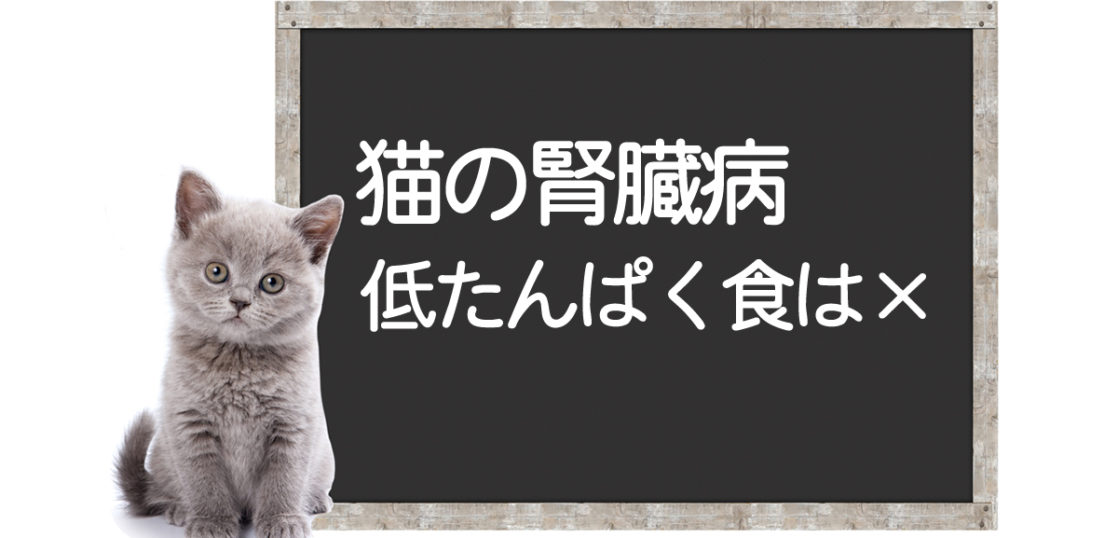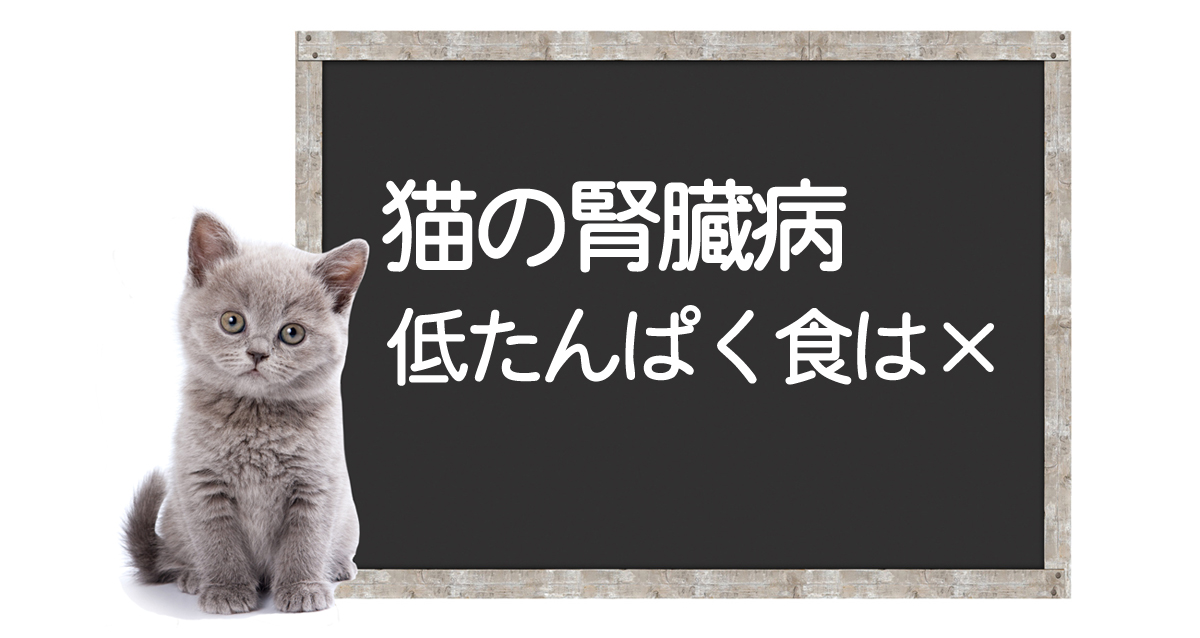Cats are inherently prone to decreased kidney function. In fact, many cats are diagnosed with kidney disease, and the number increases with age.
監修獣医師:林美彩 所属クリニック:chicoどうぶつ診療所

代替療法と西洋医学、両方の動物病院での勤務経験と多数のコルディの臨床経験をもつ。 モノリス在籍時には、一般的な動物医療(西洋医学)だけでは対応が困難な症例に対して多くの相談を受け、免疫の大切さを痛烈に実感する。
ペットたちの健康維持・改善のためには薬に頼った対処療法だけではなく、「普段の生活環境や食事を見直し、自宅でさまざまなケアを取り入れることで免疫力を維持し、病気にならない体づくりを目指していくことが大切である」という考えを提唱し普及活動に従事している。
所属:
Does a low-protein diet prolong life when kidney function declines?
In fact, there is no clear data that a low-protein diet prevents the decline of kidney function in humans or animals. The idea that it is unnecessary to restrict protein so strictly even with kidney disease has recently gained attention.
Cats need to consume more protein than humans or dogs to maintain their health. Prolonged restriction of protein and continued high-calorie diets rich in carbohydrates and fats may actually shorten the lifespan of cats with kidney disease.
This is particularly true when making homemade diets that drastically reduce protein. Please be cautious.
※ We are not recommending excessive protein intake.
Why protein is necessary
Protein is an essential component that makes up muscles and organs. Furthermore, a certain amount of protein in the body is broken down and excreted daily, so each cat has a minimum daily intake requirement.
Cats with a prolonged inadequate intake of protein will undoubtedly lose muscle mass. Even if they don’t lose weight, they have probably accumulated fat due to the decrease in muscle mass. Maintaining calories primarily with carbohydrates (sugars) and fats will increase body fat. An increased fat percentage raises the incidence of various lifestyle diseases. Naturally, life expectancy will also shorten.
The necessity of protein cannot be considered solely based on caloric nutrition. While calories can be supplemented with carbohydrates and fats, they cannot replace the vital roles of proteins in composing muscles, organs, and enzymes.
It’s not just about kidney disease in cats; in any treatment, make sure to gather information thoroughly and make comprehensive decisions without entrusting everything to others.
Our laboratory is conducting research on whether supplementing amino acids, including BCAAs, can prevent protein deficiency in cats with kidney disease.
If you have any questions, please contact us.
監修獣医師:林美彩 所属クリニック:chicoどうぶつ診療所

代替療法と西洋医学、両方の動物病院での勤務経験と多数のコルディの臨床経験をもつ。 モノリス在籍時には、一般的な動物医療(西洋医学)だけでは対応が困難な症例に対して多くの相談を受け、免疫の大切さを痛烈に実感する。
ペットたちの健康維持・改善のためには薬に頼った対処療法だけではなく、「普段の生活環境や食事を見直し、自宅でさまざまなケアを取り入れることで免疫力を維持し、病気にならない体づくりを目指していくことが大切である」という考えを提唱し普及活動に従事している。
所属:
- Dietary Therapy for Cancer in Dogs and Cats—High Protein, Low Carbohydrate is Key
- New Dietary Ideas to Combat Cancer (For Dogs and Cats)
- Proactively Taking Vitamins for Cancer Prevention in Dogs and Cats
- Low Protein Diet for Cats with Kidney Disease
- BCAA Supplementation for Dogs and Cats with Fatigue or Liver/Kidney Issues
- Krill Oil: Potential Anti-inflammatory and Dementia Prevention Effects





